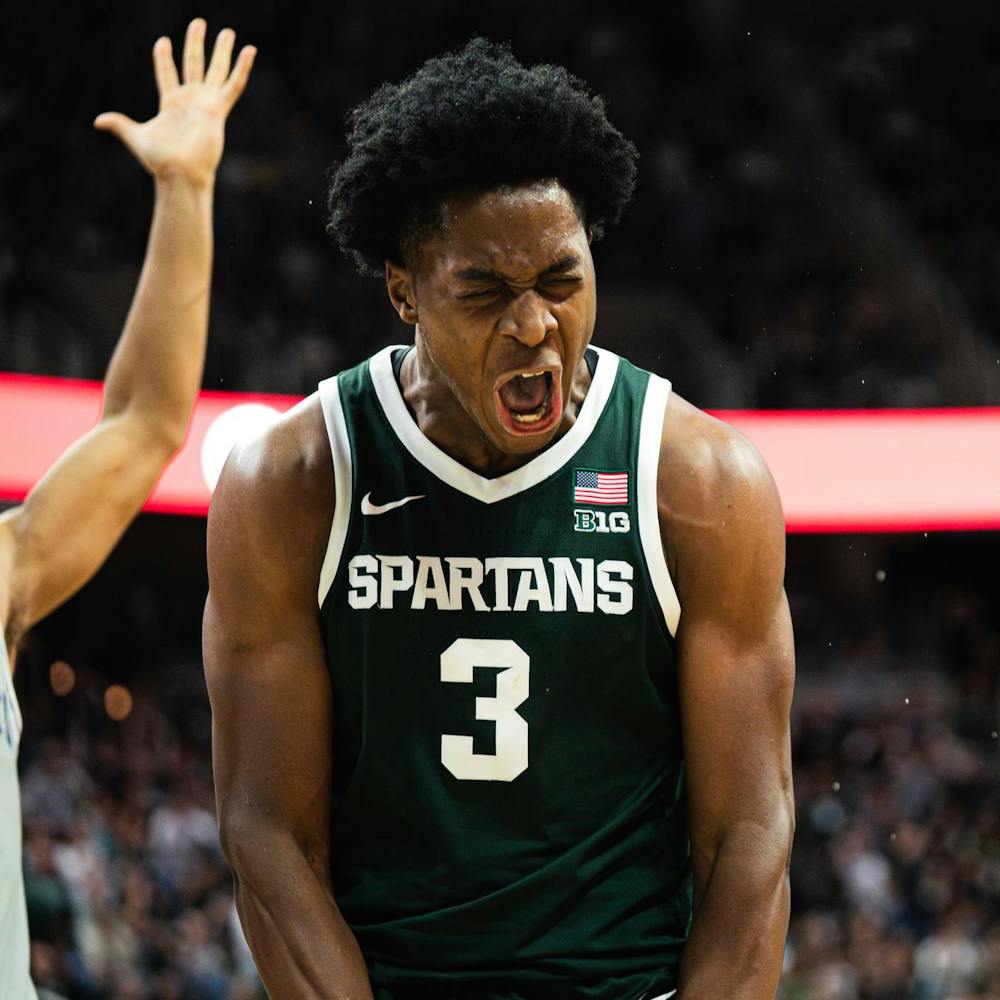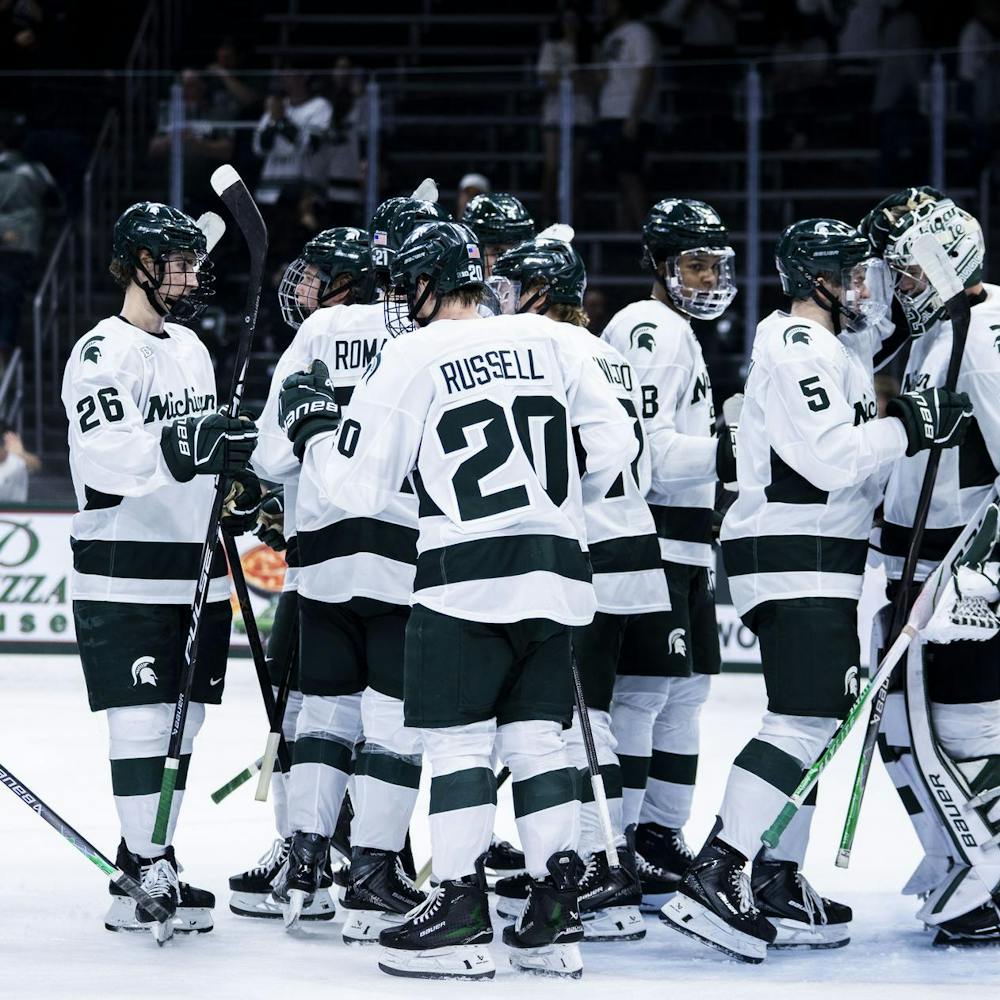David Garlock's arguments, "Historical man not worth vast attention", (SN 1/19), are without merit and look to me to be a product of personal bias rather than rational criticism.
His argument is that the "forced" holiday commemorating Dr. Martin Luther King Jr. (established by the U.S. Congress) should not exist. He believes that what he perceives as the moral failings of King should invalidate the popular perception of him as a great leader.
We would have every right to be reproachful of King if he committed a murder, because that would be a violation of the law — not of your personal views on morality. I think that similarly, you will find few people who will claim that the civil rights movement is above criticism. It, like the movement for American independence (which we also happen to have a holiday for), is subject to its fair share of criticism.
Because a venture is subject to criticism does not mean that it was useless.
Garlock's presentation of the civil rights movement as "turn(ing) to the government to solve the problem" is flat-out wrong. The civil rights movement was working across the board toward its goal, including government lobbying on every level, education and, probably most importantly, grassroots action (which King was most involved with).
He is right that governmental action is only an end to de jure — and not de facto — segregation, which highlights the importance of the grassroots civil rights campaign and how far we have yet to go.
Although the government cannot solve all of society's problems, it is obligated to uphold the Constitution, which the Jim Crow laws were in outright opposition to. Garlock's assertions that the government has no role as a social institution are unconstitutional, opposed to the precedent of American history and the popular will, and personally disturbing to me.
Finally, for the record, socialists are not "(those who) would turn to the government to solve any problem." Socialism is an economic system, not a political one. The described groups would be "authoritarians."
J.C. Kibbey
political theory and constitutional democracy sophomore






